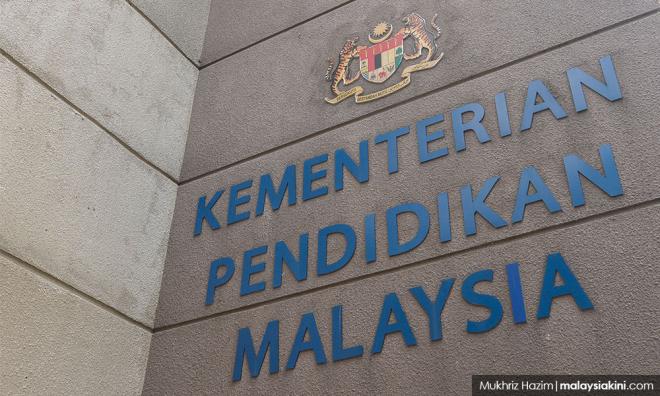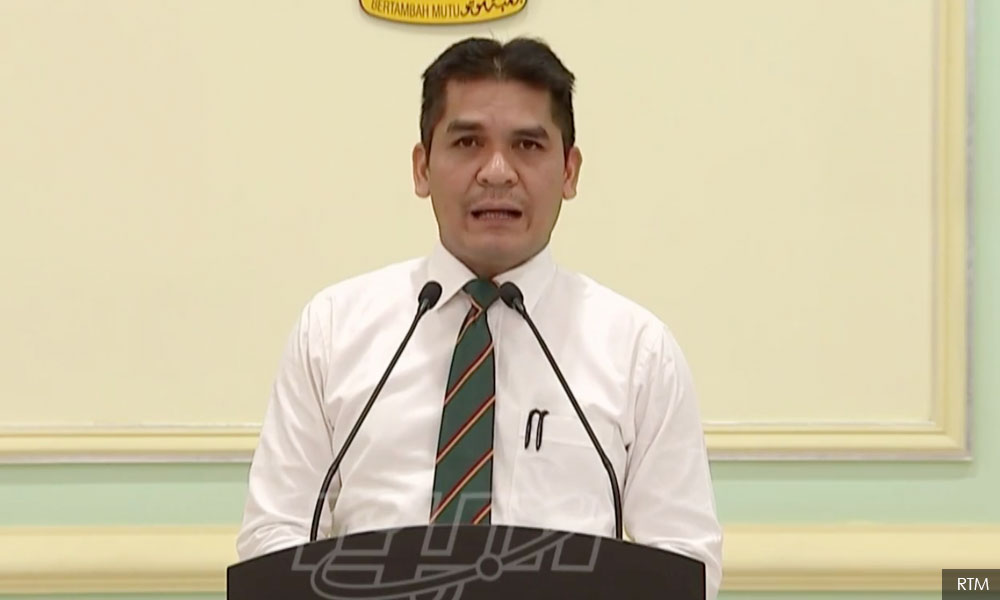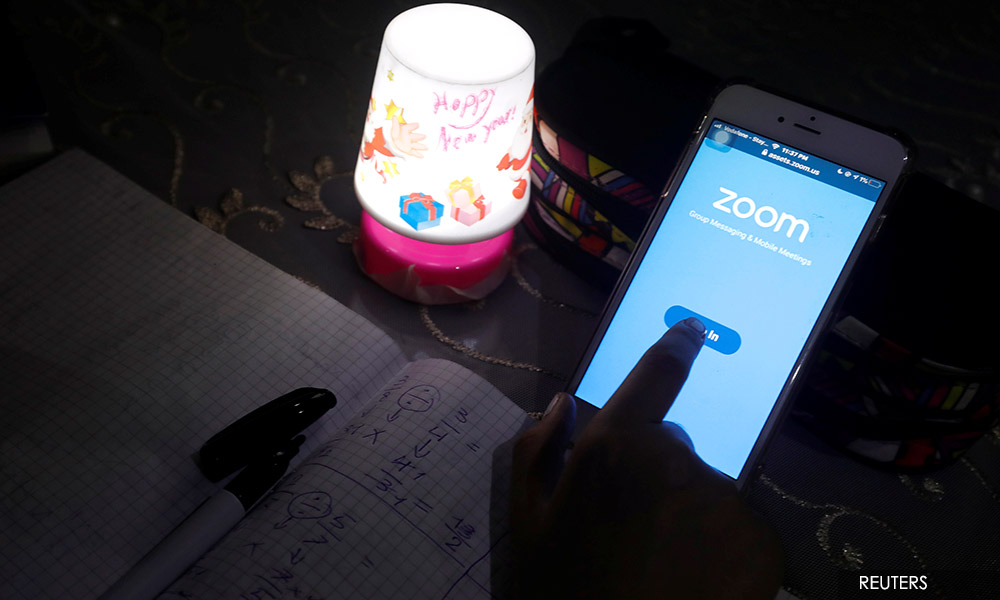
It is all well and good for the new Education Minister Mohd Radzi Md Jidin to announce the cancelling of some school examinations and the postponement of others under the present circumstances of the pandemic.
I am sure thousands of children and parents are glad that there is a certainty to these examinations.
I am sure Radzi made this important announcement after serious consultation with the Ministry of Health and the National Security Council.
But there is more to education rather than cancelling examinations and postponing secondary school examinations.
The spread and persistence of the Covid-19 virus have posed fundamental questions not only on how the various sectors are going to cope but more importantly how they are going to transform themselves in new and innovative ways to face the post-pandemic scenario.
While Radzi (below) alluded to the fact that cancelling UPSR and PT3 examinations is no big deal as there are other ways that can be used for student assessment, but we are not sure these other ways.

I am just wondering how come the Education Ministry and the schools, in particular, failed to set up mechanisms of different methods of assessment all these years, even though nobody could have anticipated the pandemic.
Experimentation and innovation in student assessments are integral to education, but why the necessity to think seriously now and not before.
This raises the question of why we have ignored different kind of assessments all these years other than focussing too much on written examinations.
Maybe the pandemic has jolted us to think, but surely the epistemological foundation could have been laid before.
Students and parents might be happy on the announcement of cancellation and postponement, but as responsible government are we fair and just to them.
I am not sure when the pandemic might be brought to a closure, but surely the ministry of education should go beyond the mechanical exercise of turning the pipe on and off, how is it preparing students in the absence of classroom learning to pursue knowledge and understanding in a digital world.
How are teachers and educationists are going to deal with learning that has moved beyond the physical classroom to the digital world?
It is well and good for universities and colleges to adjust their intake in line with the postponement of SPM, STPM and matriculation examinations.
But the question is, what preparation is underway for them to impart learning under the present conditions of the pandemic.
Are universities and higher institutions of learning still caught in the old bind of classroom lectures or are they keen to develop and sustain online learning?

It is not the question of choice, it is a necessity for universities to transform their pedagogical methods under the present conditions of social distancing.
I am not sure, but I believe that change might not come under normal conditions of existence, but when taken for granted normalcy is seriously challenged.
It is not my purpose to find fault with the Education Ministry or the educational system in general.
The pandemic, however difficult and challenging, is not period to do nothing and wait for the unpleasant period to be over.
It is an axiom that the pandemic has challenged and threatened the way we organise ourselves, the way we behaved, things that we have taken for granted among many other things.
A time has certainly dawned upon ourselves to reconceptualise the needs of the post-pandemic world.
P RAMASAMY is the state assemblyperson for Perai. He is also deputy chief minister (II) of Penang. - Mkini


No comments:
Post a Comment
Note: Only a member of this blog may post a comment.